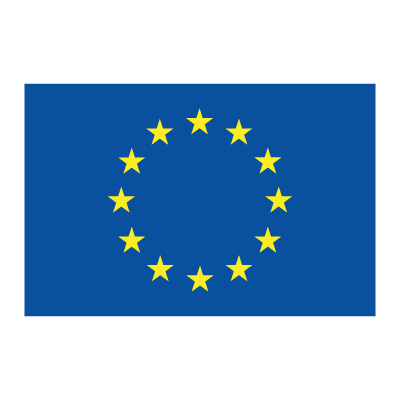General information
Community Members
| FABIO MINCHIO | ADMIN |
0%
User Readiness
Ranking: 2
40%
Organisational Readiness
Ranking: 2
0%
Technological and Infrastructural Readiness
Ranking: 2
Relevant Links
About
- CER Solidale Chiaravalle is a REC, developed with the support of NRG2peers Project, proposed by the local association "Associazione Terzo Paesaggio" and promoted by the Municipality of Milan (Delibera di Consiglio Comunale n. 24 del 20/04/2023 con oggetto “Atto di indirizzo per la definizione di un programma di promozione dell'autoconsumo diffuso di energia da fonti rinnovabili e delle comunità energetiche sul territorio milanese”). The Municipality of Milan joined the expression of interest for the creation Renewable Energy Community projects published by Regione Lombardia , Dduo n. 110997 of 07.27.2022, to activate experimental CERs intended to be strategic for social, solidarity and environmental purposes. CER Solidale Chiaravalle is one of the test project selected by the Municipality.
Goal
The first phase of development involves the construction of 330 kW PV powers to share electricity with public users, third sector parties and private buildings and also public housing tenants of the area.
The general aims of the project for the Municipality of Milan are well explained in the Delibera di Consiglio Comunale n. 24 del 20/04/2023 con oggetto “Atto di indirizzo per la definizione di un programma di promozione dell'autoconsumo diffuso di energia da fonti rinnovabili e delle comunità energetiche sul territorio milanese”) and reported below
- the municipal administration, based on the assumption that the energy produced by systems powered by renewable sources and shared and sold to the network allows access to a tariff incentive provided by the Energy Services Manager (GSE S.p.a.) according to methods defined by ARERA, through the promotion of the above-identified innovative forms of energy transition, intends
- pursue environmental, economic and social benefits both aimed at the urban areas concerned and at the members of the CER/CERS, excluding any profit-making purpose;
- promote interventions and services aimed at safeguarding and improving environmental conditions and the prudent and rational use of natural resources;
- for the RECs, allocate the incentives/proceeds to projects that benefit the local community, for example educational projects aimed at educational and non-school institutions, support for vulnerable sections of the population, actions to combat energy poverty, support for encouraging sustainable mobility, etc. .;
- for the systems built by the Administration, allocate the revenues from the sale of energy surpluses to the network in the first analysis to the return on investment and maintenance, considering a maximum term of 20 years;
- allocate the incentives deriving from the incentive tariff premium to CERS and/or collective self-consumption projects.
